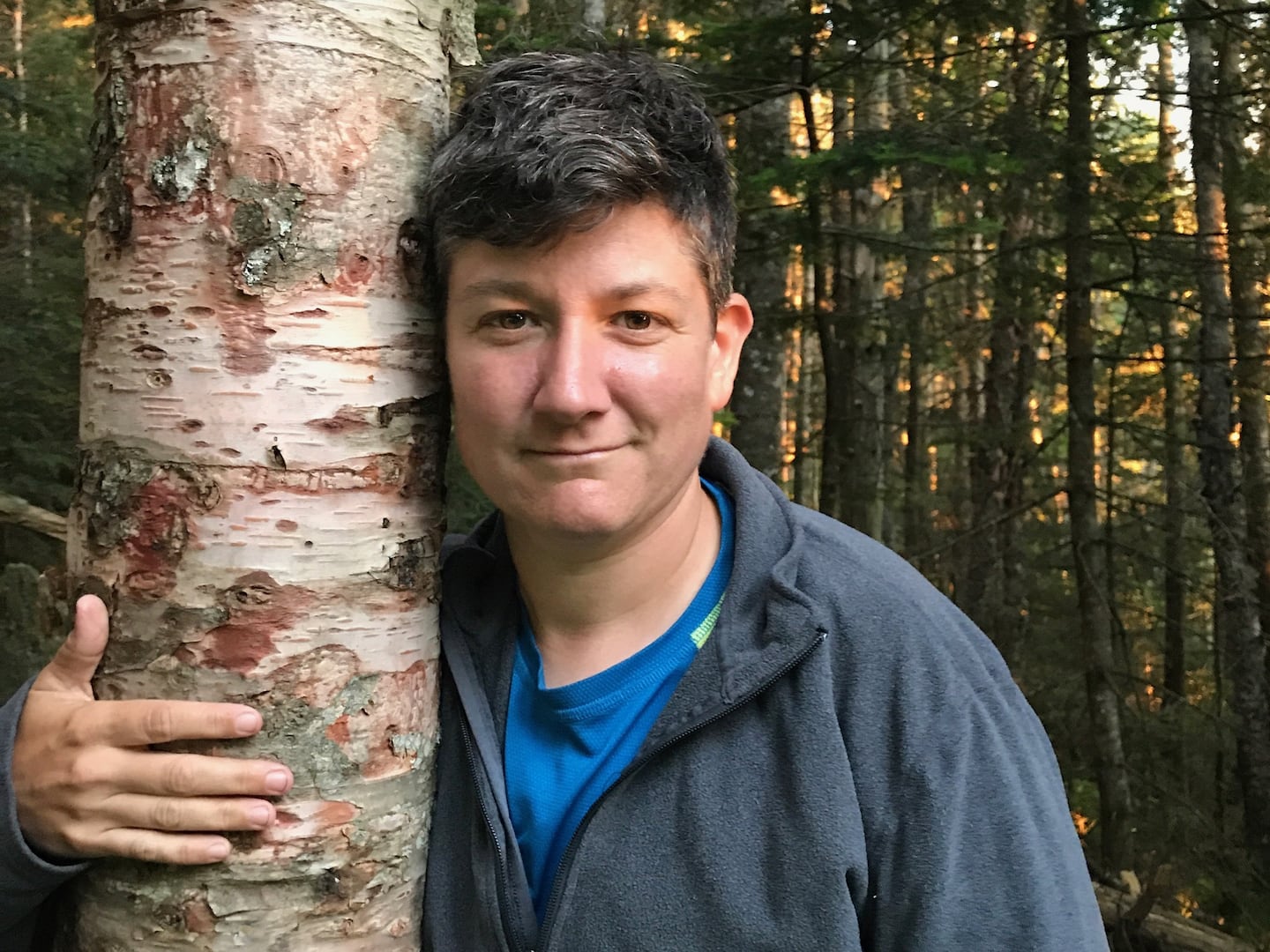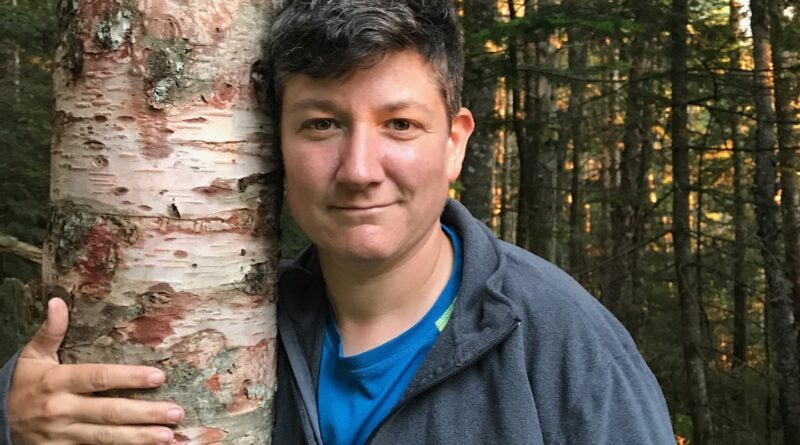Dealing with post-election panic? Some experts want to help. – The Boston Globe
But today I don’t feel good.
I don’t think it’s fair to say there’s an easy list of ways to feel better.
I understand that the first few days of this will be strange and complicated. Many are to celebrate political issues. (I saw the summary of the votes.) Some, they are disappointed with our country because it gave them two candidates who did not represent the values they want to see in the world, still he suffered for the next four years.
It is what it is, right? Grief?
Yes, it’s anxiety, anger, fear, and many other emotions. But mostly grief, for many.
What can we do today, and in the days to come, to live well? No one really knows, but some had advice for the first steps.
Darshan Mehta, medical director of the Benson-Henry Institute for Mind Body Medicine at Massachusetts General Hospital, tells me that part of this process is about patience. My brain wants to rally in some way – to help society, to find ways to feel better in a messy world. But Mehta said there must be time for all of us to know how we feel.
We call this ‘stopping, breathing, thinking and choosing.’ Wait. Take a breath – symbolizes taking time to take care of yourself. Think; the feeling here is, ‘Where am I now? What do I control?’ And once you’ve taken a break, then you can make a choice. When you come out of a place of choice, then you’re actually in a place of power, instead of a place of… feeling powerless. When you have an agency…that is resilient value. “
He said he will also want to be around people and activities that will inspire you and make you feel loved. Good influence. But again, “that doesn’t come immediately… otherwise it won’t last.”
Mehta is still figuring out how to explain this choice to her 9-year-old daughter – and how it will all affect her as a doctor – so she’s exercising this patience herself, scanning her brain before jump into action.
Kirk Woodring, a clinical social worker and vice president of ambulatory and community services for Beth Israel Lahey Health Behavioral Services, said we can hope that feeling out of sorts is a normal reaction to the last 48 hours.
“Fear of the unknown, or maybe fear of what you want think you know, but you really don’t know,” he said. That fear can hold you back, and you don’t know what to do. Part of what I talk about with people is: How can you be motivated to move on to something that’s really important to you, the things that you value – your friends, your colleagues, or your family… who can support you? in this way?”
Woodring said we need to be careful when it comes to behaviors that can give us temporary comfort, to make sure we live in a healthy way.
“What I mean is, you know, people will go out and drink, and feel better. Then they find that having two or three makes them feel better,” and that can become a challenge,” he said. Even things like exercise and running can feel good at first, but you can overdo it.”
Again, he offers simple advice for now: Drink water.
“… because those levels of cortisol increase in your blood, and that’s the hormone that can be really toxic to people. It’s a product of stress. Drinking water helps to get rid of this disease.”
Woodring reminds me to say that if anyone feels helpless, need help, and are struggling, they can call 988, the crisis hotline, and recommend it to others.
Jonathan Lee, Boston University’s associate provost for student outreach, said that in Marsh Chapel this morning, students were singing Bill Withers’ “Lean on Me” and Hezekiah Walker’s “I Need You to Survive.” He admitted that he is still aware of the mood on campus.
I asked Lee if he would tell someone who felt that way today. Or shame, or isolation, or simple sadness and suffering. How does one feel better?
The point, Lee said, is not to feel better – just to feel.
“This idea of making someone feel better — I worked as a hospital chaplain for a while, and that’s kind of what they told us. not to do,” said Lee.
Rather, prayer – which for some will be a simple ritual.
“I think that there is a clear kind of Christian or religious understanding of prayer, well, as praying to God. But there is also prayer, in the sense of finding some kind of basic ritual, or some action that you can return to and that gives some stability at this time.”
For me, it’s walking. Or music.
Lee said keeping to your original schedule is fine. You cry, but you also keep going.
He said: “I think it’s right to give time to let people share their thoughts. But there’s something as important as going back to the things you do all the time. … you will find stability there.”

This makes me think of one technique I try to navigate when I feel disconnected from people and the world. He is not my doctor, although he is very good at his job.
Parting brings me to Tam Willey, of Toadstool Walks. He is a certified forest guide, trainer, instructor and teacher.
I discovered Tam years ago, while researching how to bathing in the forest for the book I was working on. Forest bathing is about being in nature and connecting with it; like meditating on the basics.
I will admit that at first, I didn’t get it. Sleep in a park and be one with nature? I can’t even meditate for five minutes in my house. But when I joined one of Willey’s programs, for research, I was surprised at how much better I felt. That I am feel not at all.
Willey led the participants in a session that made me hear and see things I had never noticed before, all at the Arnold Arboretum, a place I’ve been to a zillion times. I was attuned to the trees and the air around me, but I also felt alone with the people around me.
Not that I was hurt, but I was able to feel the pain, the fear, and the discomfort in a safe place – which made me feel better.
Willey says this is the best way to deal with the situation. And it’s the hardest thing to let go of – to sit still with horrible feelings. Maybe there is a part of us that wants to get angry and volunteer somewhere, and call our representatives and protest. Which is all right. But that doesn’t stop us from thinking.
“It’s hard to do that – it just hurts, you know? And don’t go’It will be fine.‘Or,’Oh, we lower our hands, and we will implement this way.‘”
This election showed people that many voters think of themselves as “me,” not as “we,” Willey added. Meanwhile, natural treatment is “us” and “we” something you should try.
“We’ve changed in a way that, ‘I don’t need to talk to my neighbor. I don’t need to have a relationship with the country. I can order all my food through an app. And I don’t even need to know where vegetables come from, that they were cultivated by human hands.’ There is a way in which natural therapy responds directly to this disparity,” Willey said.
“Plants and animals and people, we don’t live forever. We can’t be alone. Psychologically, forest therapy feels supportive, because it reminds me that we are all connected, whether we accept it or not.”
Willey leads private programs and has envisioned another type of post-election program.
In the meantime, that may be what we all need in the coming days, regardless of whether or not we voted. Being outside, not reading this story anymore, feeling the wind blowing, looking at the fall – and seeing how quickly things can change.
Sometime this week, I plan to look for the tree I stood under during the meeting with Willey years ago.
I think it was a year. I remember it being very shady and quiet.
Maybe we’ll all find each other there.
Meredith Goldstein writes Love Letters. You can ask her questions about your relationship and mental health at loveletters@globe.com.
#Dealing #postelection #panic #experts #Boston #Globe
